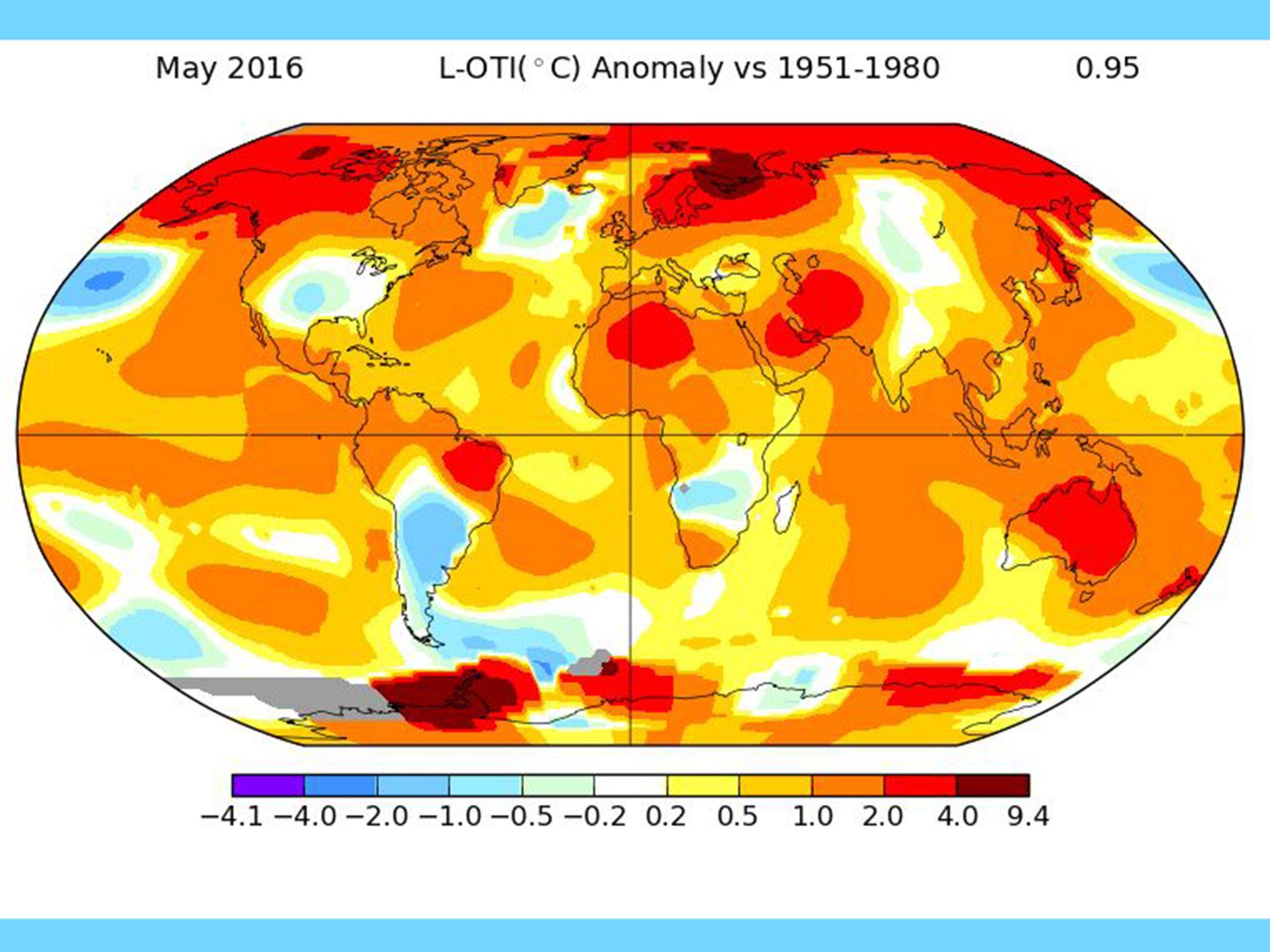Scientists warn mankind will miss crucial climate change target – eight months after agreeing it

Your support helps us to tell the story
From reproductive rights to climate change to Big Tech, The Independent is on the ground when the story is developing. Whether it's investigating the financials of Elon Musk's pro-Trump PAC or producing our latest documentary, 'The A Word', which shines a light on the American women fighting for reproductive rights, we know how important it is to parse out the facts from the messaging.
At such a critical moment in US history, we need reporters on the ground. Your donation allows us to keep sending journalists to speak to both sides of the story.
The Independent is trusted by Americans across the entire political spectrum. And unlike many other quality news outlets, we choose not to lock Americans out of our reporting and analysis with paywalls. We believe quality journalism should be available to everyone, paid for by those who can afford it.
Your support makes all the difference.A global warming limit agreed by world leaders with great fanfare is feared to be coming close to being broken just eight months on.
Climate change scientists have warned it may be nearly impossible to keep global warming below the 1.5C target set at the Paris negotiations in December after temperatures peaked at 1.38C above pre-industrial levels in February and March.
Met Office data analysed by Reading University professor Ed Hawkins showed average global temperatures were more than 1C over for every month except one over the past year, according to The Observer.
The Intergovernmental Panel on Climate Change (IPCC) is due to meet in Geneva this month to outline how the Paris deal, which slashed the limit from 2C to 1.5C, will be implemented.
However co-chair of the IPCC working group on adaptation to climate change, Stanford University Professor Chris Field, told the newspaper staying below 1.5C looked "impossible or at the very least, a very, very difficult task".
Targets for bringing an end to the use of coal-powered fire stations and the combustion engine are reported to be on the likely agenda in Geneva.
Dr Ben Sanderson, of the National Centre for Atmospheric Research in Boulder, Colorado, suggested that it would take a global effort with such measures on an unprecedented scale to keep the target - a "tall order".
"If the world puts all its resources into finding ways to generate power without burning fossil fuels, and if there were international agreements that action must happen instantly, and if carbon emissions were brought down to zero before 2050, then a rise of no more than 1.5C might just be achieved," Dr Sanderson said.
Professor Jim Skea, a member of the UK government's committee on climate change, said "negative emission technology" would have to play a part by actively removing carbon dioxide from the atmosphere.
So-called "carbon capture" techniques include extracting the gas from the air, liquefying it and storing it underground.
Join our commenting forum
Join thought-provoking conversations, follow other Independent readers and see their replies
Comments